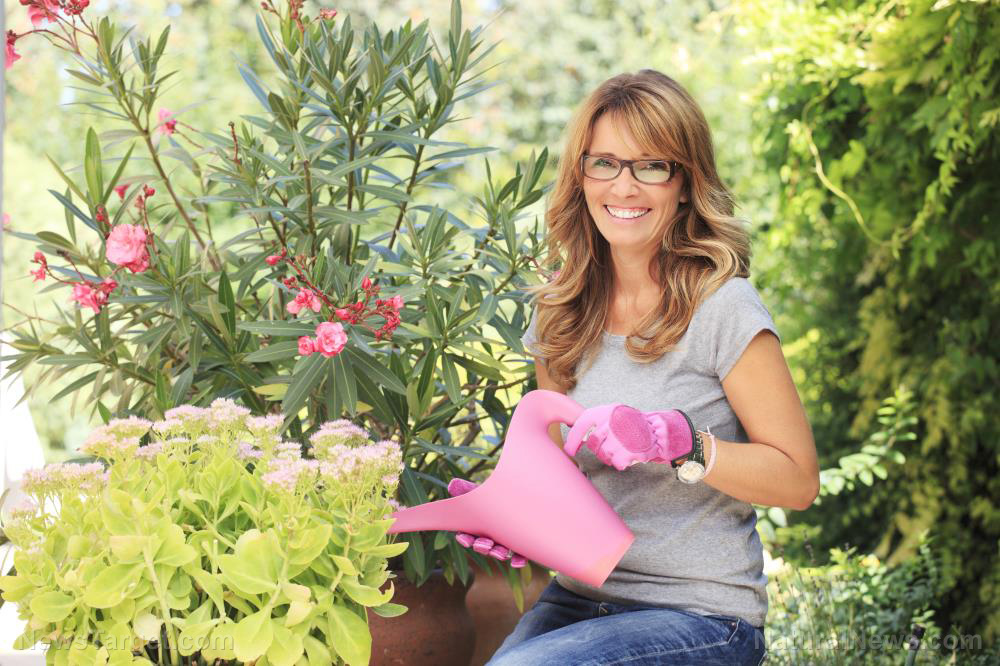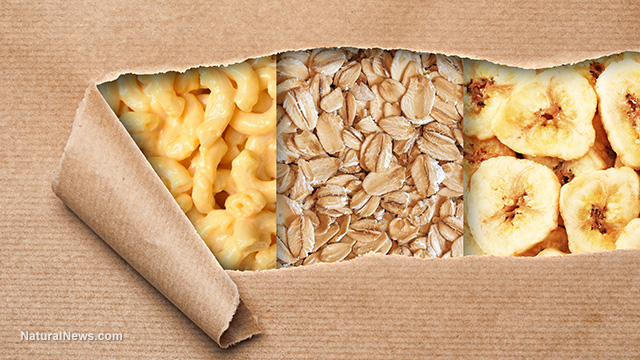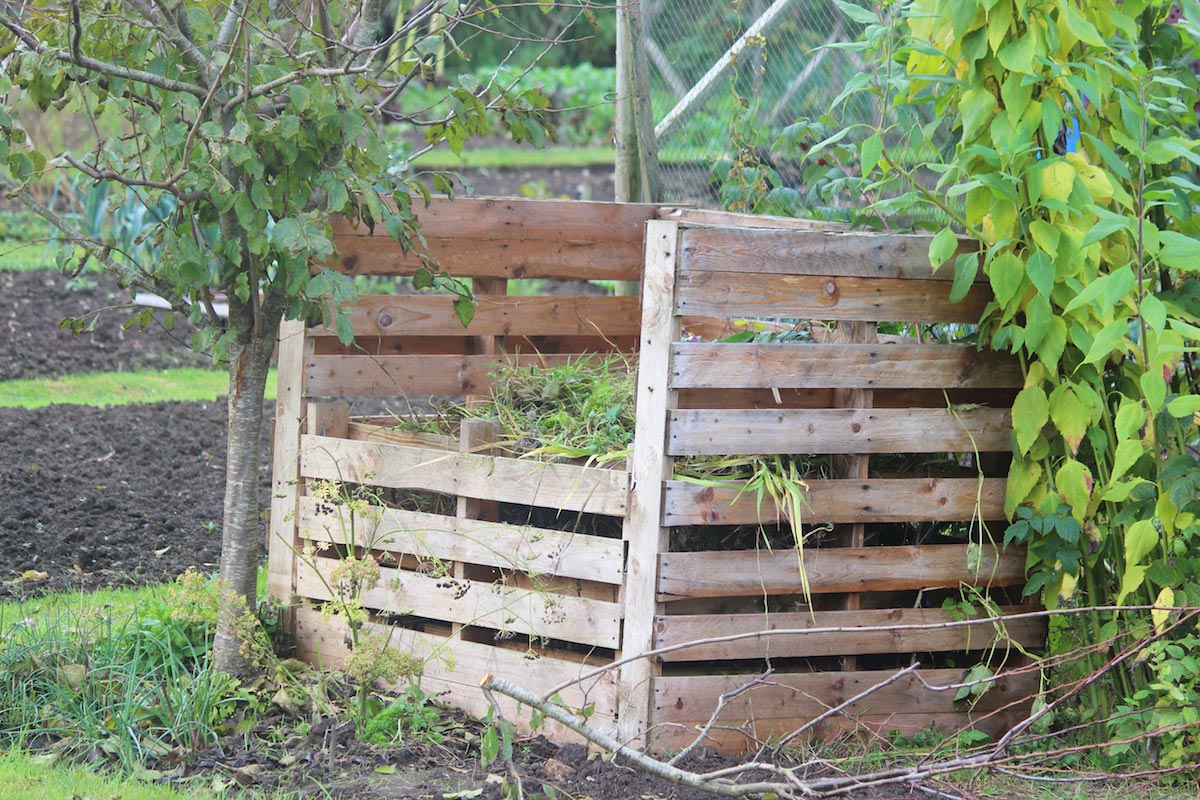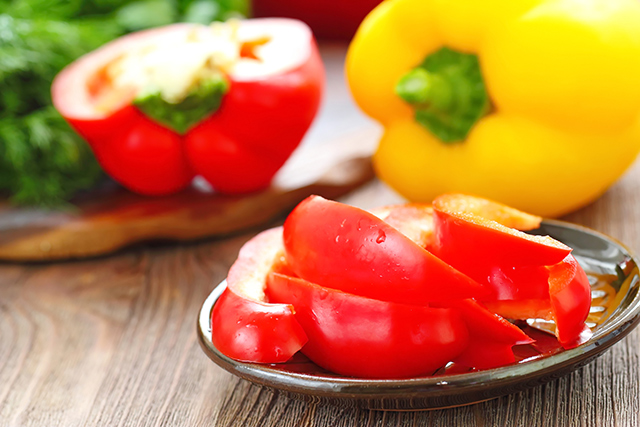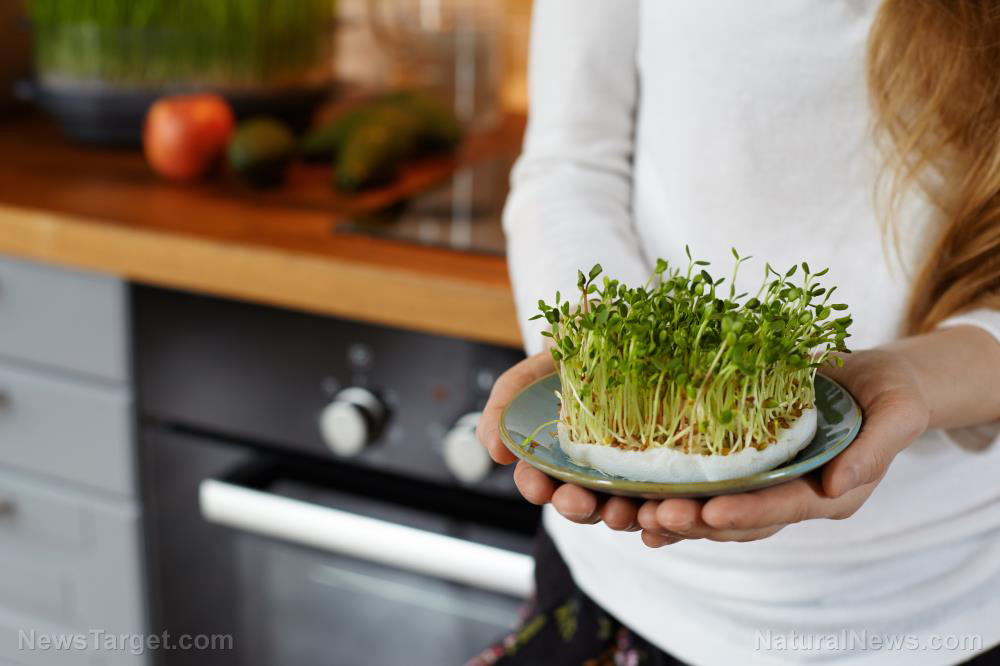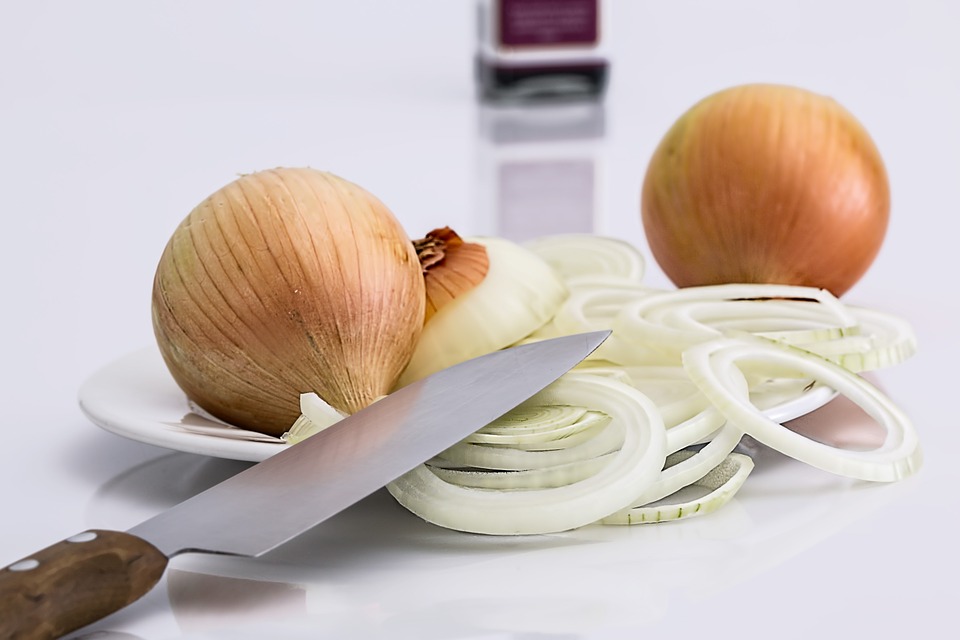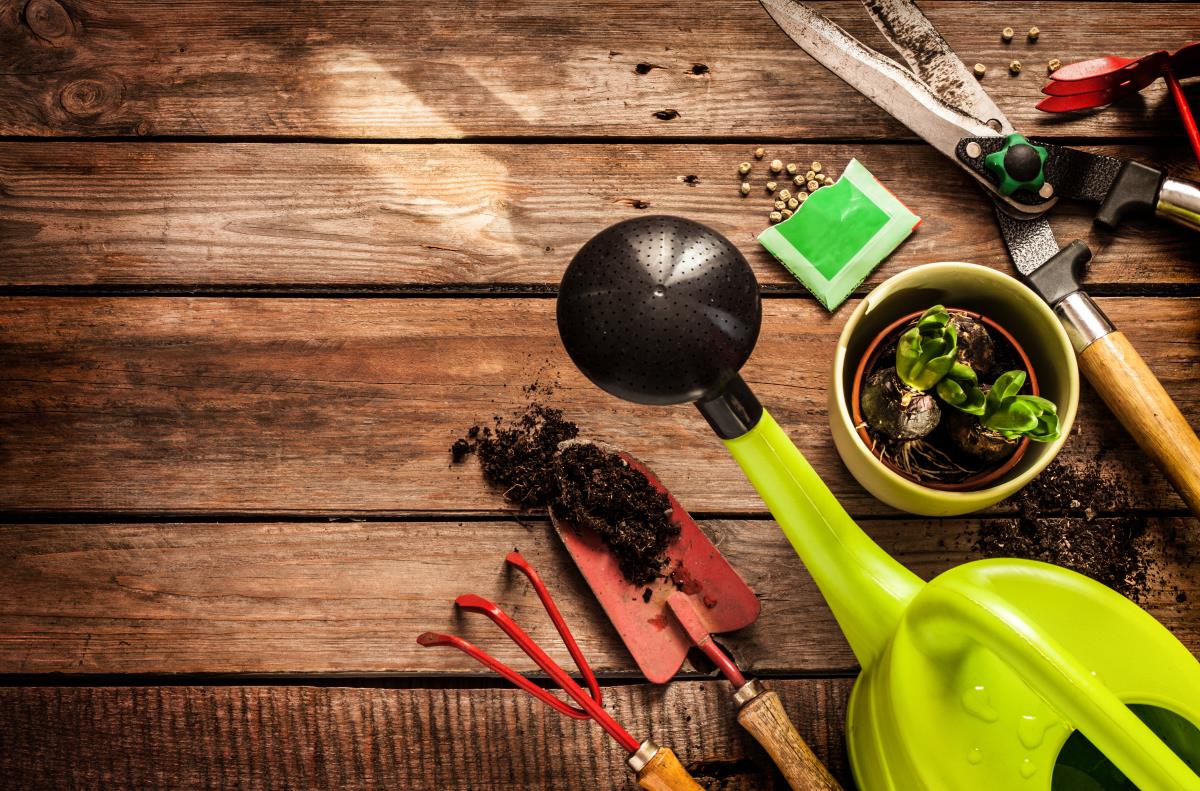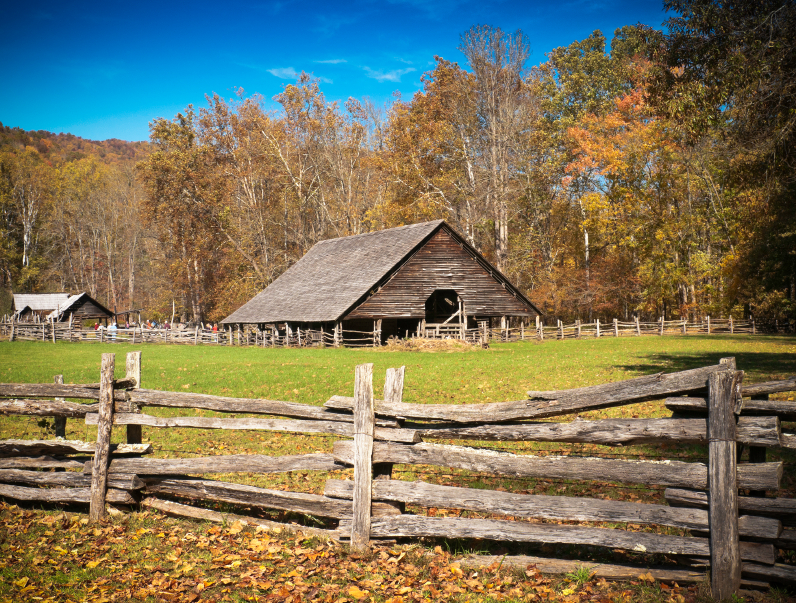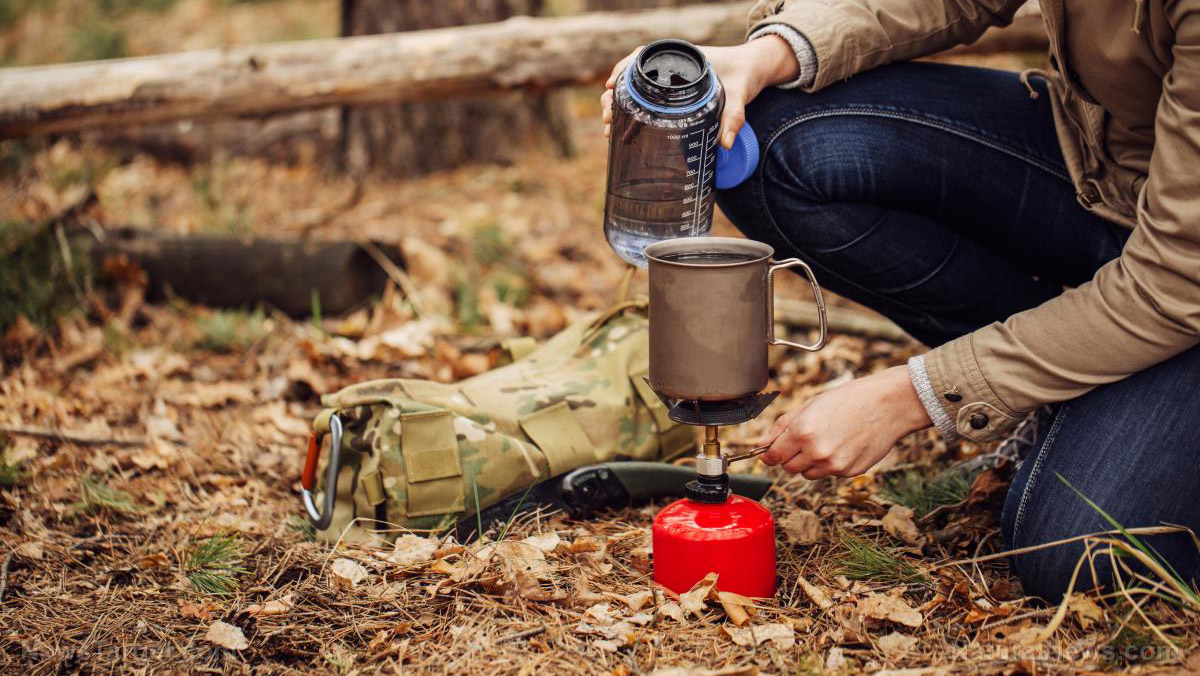Here’s an easy way to make charcoal and biochar for your homestead
03/13/2019 / By Zoey Sky

Preppers are frugal and unless it’s absolutely necessary, they won’t spend money on anything that they can make, grow, find, or trade for. This is why it’s important to know how to make biochar, which can boost soil health in your garden, and charcoal, which is used for cooking fuel. (h/t to HomesteadSurvivalSite.com.)
What is biochar?
Biochar is a porous material that can help retain water and nutrients in the soil. This material can significantly boost your garden crop yield since your plants will have access to healthier soil. Certain kinds of biochar can even immobilize heavy metals, herbicides, hormones, and pesticides.
Additionally, biochar can reduce nitrogen oxide (N2O) and methane (CH4) emissions from soils. Biochar is “a multi-faceted strategy,” and it produces bio-oil during pyrolysis (decomposition caused by high temperatures) that could replace fossil fuels.
Biochar can improve garden soil by cleaning it and binding together pesticides and other contaminants. This porous material also binds good nutrients together, such as nitrogen, to prevent leaching.
There are other good reasons to use biochar for your garden soil, and one of the main benefits is that is can boost your crop yield by as much as 40 percent. (Related: For the organic farmer: Grow healthier plants with organic fertilizer mixed with compost tea.)
How to make charcoal
Follow the steps below to make charcoal, which you can use to stay warm during winter or to cook outdoors when you’re camping, hiking, or when you run out of fuel for your stove.
You will need:
- Plenty of wood
- A small open top steel barrel (at least 30 gallons)
- A larger open top steel barrel (55-gallon recommended) Drill some air vent holes around the bottom of the larger barrel so oxygen can get sucked inside.
Steps:
- Fill the smaller barrel with wood that you want to turn into charcoal and biochar.
- Carefully load the small barrel into the larger barrel. To make things easier, flip both barrels to their sides, then slide the small barrel (top first) into the bigger barrel.
- Stand the barrels upright, then center the smaller barrel. The sealed end of the smaller barrel should be on top with the open end face-down on the bottom of the larger barrel. This will produce an oven effect once you start burning the wood.
- Load more wood into the larger barrel, and make sure to get it all around the inner burn chamber, all the way down to the bottom. Don’t pack the wood too tight so the fire burns evenly.
- Use a bit of accelerant to get the fire going, then set the wood on fire.
- Keep an eye on the burning wood, and move the material down towards the sides to make room for more wood. As the inner burn chamber heats up, all of the flammable gases are burned off and turned into pure carbon.
- Let the wood burn for at least three or four hours until it’s burned down completely.
- Let the wood cool off, then flip the drums to their side. Slide out the small drum to get your homemade charcoal.
Use the charcoal for your next barbecue, or start a campfire in your backyard.
How to make biochar
You can also use the charcoal you made from the first guide to make biochar for your garden.
You will need:
- Charcoal
- A hammer
- A bucket
- Organic fertilizer (e.g., worm casting tea)
- Water
Steps:
- Place the charcoal in a piece of cloth (that you don’t mind getting dirty), then smash the charcoal until they turn into pea-sized pieces.
- Put the smashed charcoal in a bucket filled with organic fertilizer and water. Make sure there’s enough water in the bucket to cover the charcoal and the fertilizer.
- Let the charcoal soak for several days. The nooks and crannies in the charcoal will absorb the fertilizer/water mixture to produce a nutritious addition for your garden soil.
Make your own charcoal so you can stay warm and cook outdoors whenever you want, then use the biochar to boost your vegetable garden yield.
Sources include:
Tagged Under: agriculture, biochar, Charcoal, firestarting, fuel, gardening, gardening tips, green living, harvest, home gardening, homesteading, off grid, organic farming, organics, plant health, prepping, self sufficiency, self-reliance, self-sustainability, soil health, survival, sustainable living, urban gardening, urban prepping

